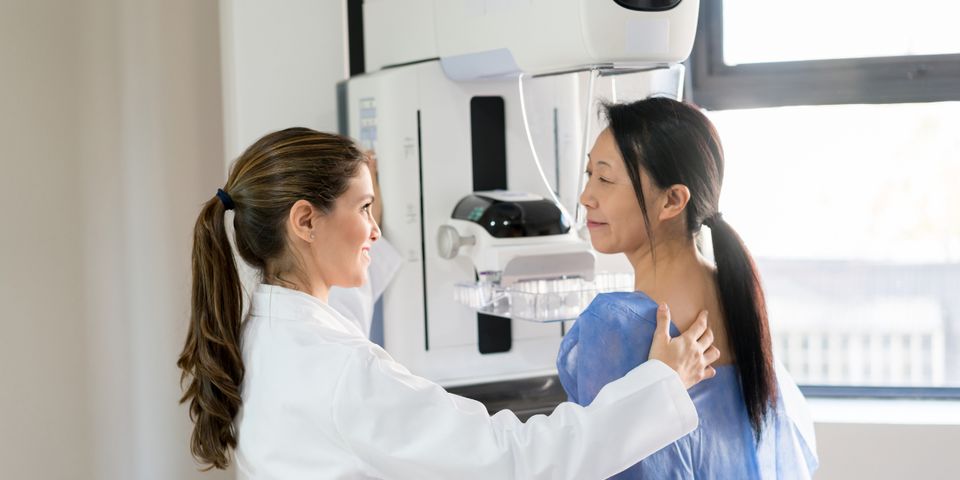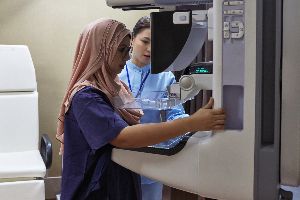
Are you familiar with mammograms and how they can help detect breast cancer? Mammograms are an important screening for women of all ages, but especially for those 50 and over. Knowing when to get one, what to expect during the procedure, and what to do in advance of your appointment can make the experience much easier. Here is what you need to know.
Understanding the Basics
A mammogram is an X-ray of the breast that looks for any changes or abnormalities. It's used to detect and diagnose cancer as early as possible, when treatment can be most effective. Mammograms also help identify small tumors that may not cause symptoms yet, but might do so in the future if left undetected.
It is recommended that women get a mammogram every one to two years, depending on their age. For example, at age 40, women should begin getting mammograms annually; at age 50, it's recommended to get one every two years.
Preparing for Your Mammogram

Early detection of breast cancer can save your life. When caught in its earliest stages, many types of cancers are more treatable and have higher survival rates than when they are detected later on. In addition to early cancer detection, mammograms can also detect other conditions such as cysts or benign lumps that require further evaluation or care.
When preparing for your mammogram, make sure to wear a two-piece outfit as you will need to undress from the waist up. Additionally, avoid wearing any jewelry or lotions on your chest that might interfere with the images. Try not to schedule your appointment during times of high stress, such as around exams or major deadlines. Finally, it's important to talk to your doctor before getting a mammogram if you have any health issues or concerns.
Your Appointment
At your appointment, you'll be asked to stand in front of an X-ray machine while a technician takes several pictures of each breast. The entire procedure typically takes about 15 minutes and is usually painless. After the images are taken, they will be sent to a radiologist for review.
Depending on what the radiologist finds, you may need further tests or follow-up care. In some cases, additional imaging such as ultrasounds or MRIs may be needed to confirm any abnormalities. Make sure to ask your doctor about any questions or concerns you have after receiving your results so they can help answer them.
If it's time for you to get a mammogram and you live in the Anchorage, AK, area, Paula Korn ANP can help. For over 35 years, nurse practitioner Paula Korn has offered a diverse range of services to women of all ages. Whether you’re concerned about menopause, infertility, seeking birth control, or have general women’s health needs, call (907) 277-2597 to schedule a consultation. Visit their website to learn more about how they can help you with your health needs.
About the Business
(4 reviews)
Have a question? Ask the experts!
Send your question

